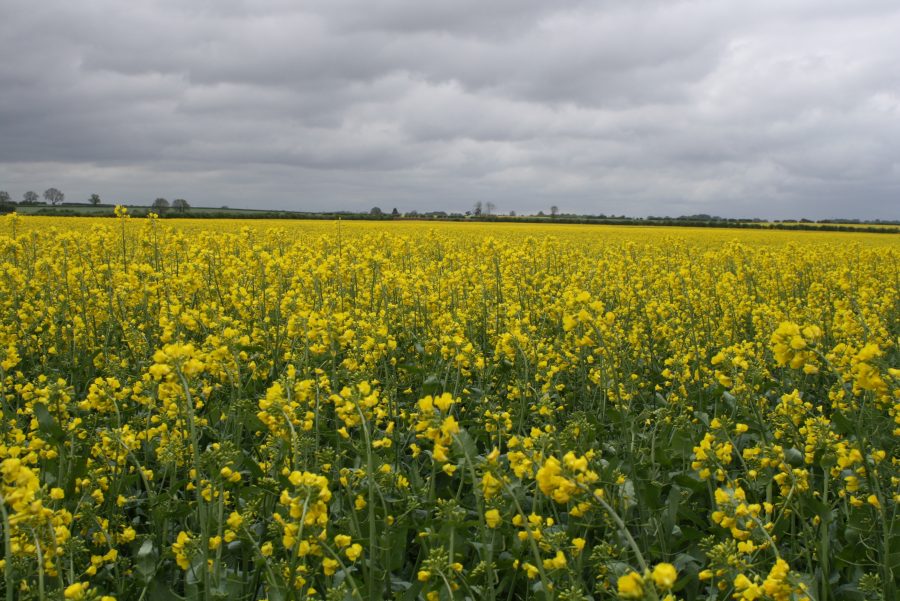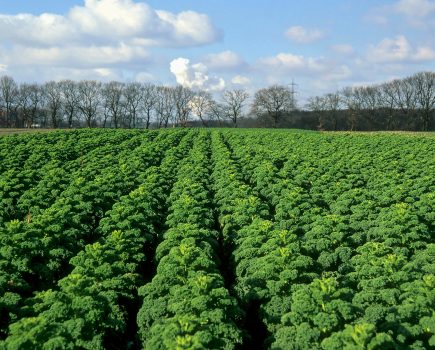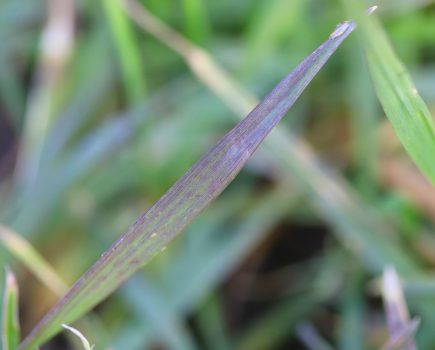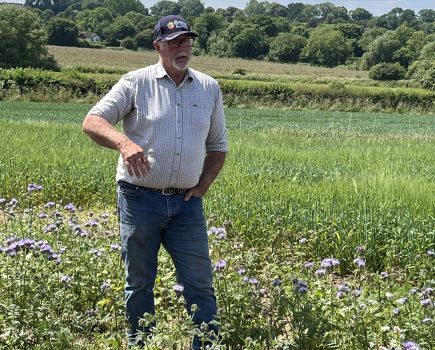Peter Brundle, Hutchinsons seed manager for the south, believes that despite recent challenges, oilseed rape still offers a viable option in the rotation.
With oilseed rape planting decisions for this autumn likely to be a delayed and, potentially, spontaneous decision for many, at the time of writing there is still projected to be around 300,000 hectares planted.
Peter believes this may vary significantly nearer drilling time, depending upon commodity prices, Sustainable Farming Incentive decisions made in the spring and, most importantly, the soil conditions in July, August and September.
This will be enhanced further by any increase in prices, which at the time of writing are suppressed at circa £370 per tonne.
Oilseed rape still works for many growers, albeit in much reduced numbers. However, the biggest consideration remains conditions at time of planting; if soils are warm and, more importantly, there is sufficient moisture, then oilseed rape still provides a very viable option in the crop rotation.
Hybrid varieties offer the best case for establishment and, indeed, the key traits for the growing season have not wavered; in fact the case has hardened in their favour.
Aurelia from Limagrain UK will remain popular and is currently the market leader in terms of planted area, but newcomer LG Academic perhaps now offers a little more across the board and is a better option for the north, while sitting well placed on the recommended list.
Limagrain’s Aviron’s excellent vigour in both autumn and spring make it a key variety for later drilling opportunities. Attica should also still be considered, as its gross output supersedes Aurelia, with the now familiar LG traits.
Other hybrid variety options include Maverick from LSPB, newly added to the candidate list and which has excellent disease resistance on offer, scoring 7 for LLS and 9 for Phoma. It also possesses TuYV resistance and RLMS Phoma genetics, therefore offering a different option for crop management.
Pioneer’s PT312 offers TuYV resistance and Sclerotinia tolerance. Sclerotinia tolerance has also been shown to have as much as a 15% advantage in yield in untreated trials. PT312 also has very good oil content at 47.6%. It also has very strong scores for standing ability.
DK Excentric offers the same traits as the highlighted Limagrain varieties, with yield not dissimilar to Ambassador. While not the highest gross output, Dekalb is closing the gap, supporting all their variety sales with an establishment scheme which may prove the decider as to whether or not to venture into oilseed rape this autumn.
Clearfield® is a simple choice, Peter notes. Matrix CL remains the current standout performer and tops the ADHB listing for this category.
He recognises that clubroot is likely to remain a widespread challenge. LG Scorpion ticks all the boxes here, with excellent vigour and establishment, decent disease scores and TuYV resistance. Although not on the recommended list, it has attributes that current recommended varieties cannot match.
Is there a place for conventional varieties?
Conventional varieties will remain in favour for the home-saved seed market. Newly recommended Pi Pinnacle steps into the frame, while Peter’s other top picks are Acacia, KWS Campus and Annika for those who want the TuYV trait in a conventional variety, although he believes the trait is better served by the hybrid offer.







